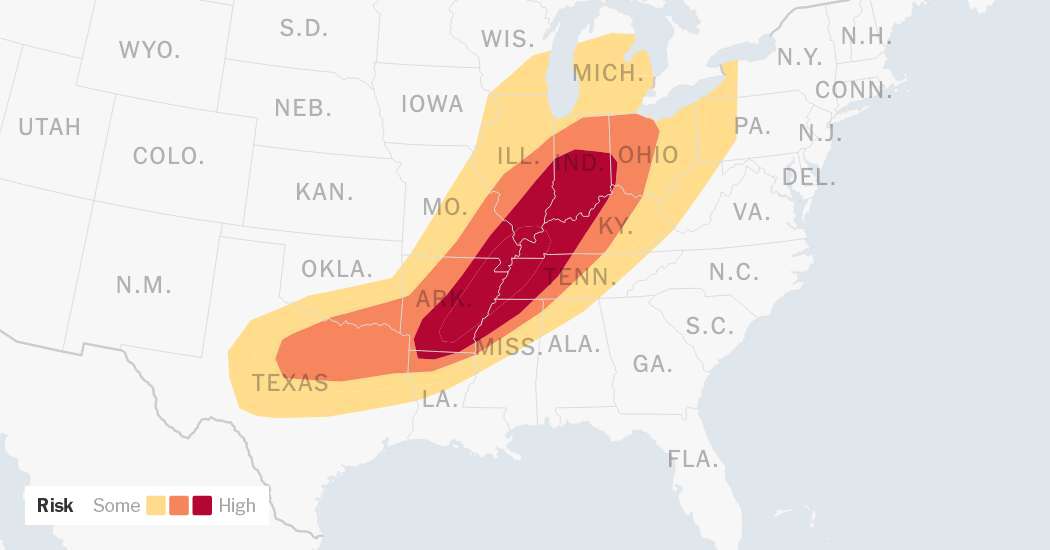The Trump administration is asserting that it has broad power under a 1952 law to kick out foreign students who participated in pro-Palestinian protests. That statute says the secretary of state can deem noncitizens deportable for foreign policy reasons, and the secretary, Marco Rubio, made clear recently that he had already used it to cancel hundreds of student visas.
“It might be more than 300 at this point,” Mr. Rubio said last week. “We do it every day. Every time I find one of these lunatics, I take away their visa.”
But that expansive conception of power appears to conflict with a key limit Congress added nearly four decades after the law passed. Lawmakers explained that the modification, which is recorded elsewhere in federal statute books, means the law may be used “only in unusual circumstances” and “sparingly” if the problem stems from foreigners’ exercise of free speech.
Lawmakers also gave two examples of when deporting someone under the 1952 law over speech would still be legitimate. Both scenarios, laid out in a report explaining the 1990 bill that enacted the restriction, were highly exceptional.
The first was if a particular foreigner’s mere presence in the United States would somehow violate a treaty. The other was if it “could result in imminent harm to the lives or property” of Americans abroad, like when allowing the former shah of Iran to come to the United States in 1979 led to a riot at the U.S. Embassy in Tehran and a hostage crisis.
The additional guardrails raise questions over what rights foreign students are entitled to and underscore the Trump administration’s far-ranging interpretation of its authority in aggressively moving to deport those who have protested Israel’s war in Gaza. The executive branch has broad discretion to deny visas to applicants while they are abroad. But once noncitizens are on American soil, they are protected by the Constitution, which includes the rights to free speech and due process.
We are having trouble retrieving the article content.
Please enable JavaScript in your browser settings.
Thank you for your patience while we verify access. If you are in Reader mode please exit and log into your Times account, or subscribe for all of The Times.
Thank you for your patience while we verify access.
Already a subscriber? Log in.
Want all of The Times? Subscribe.













